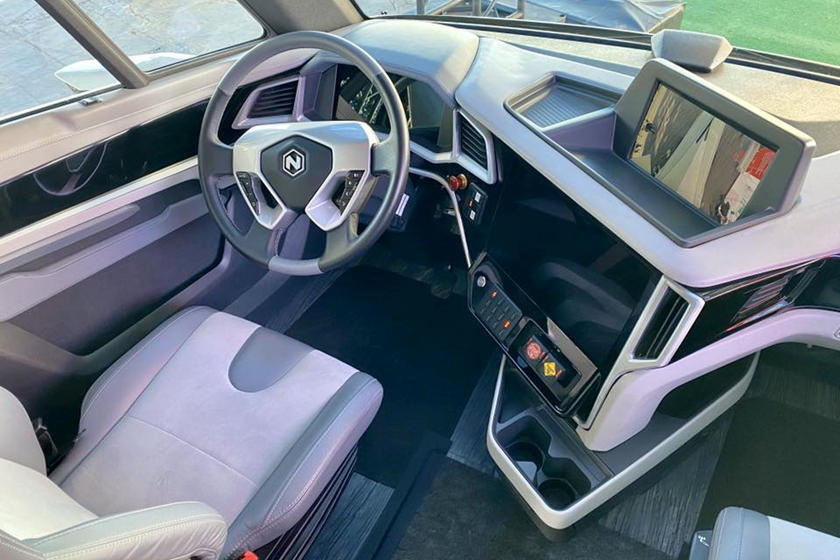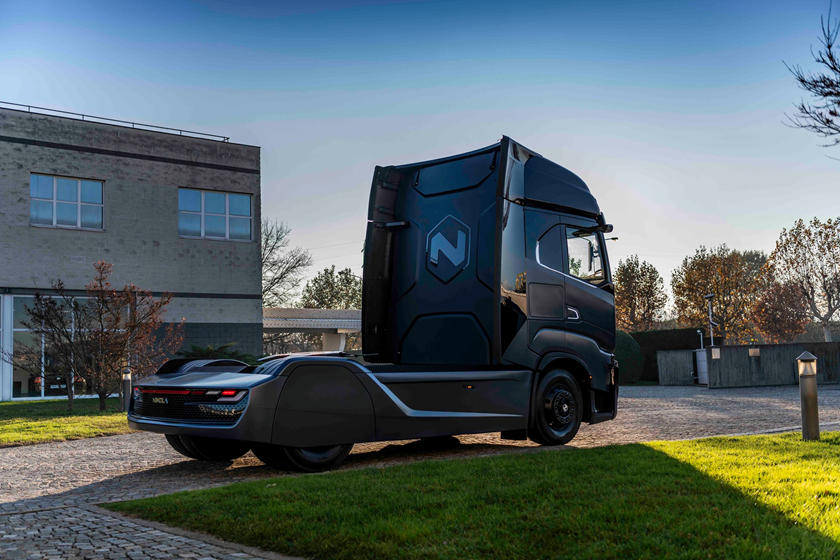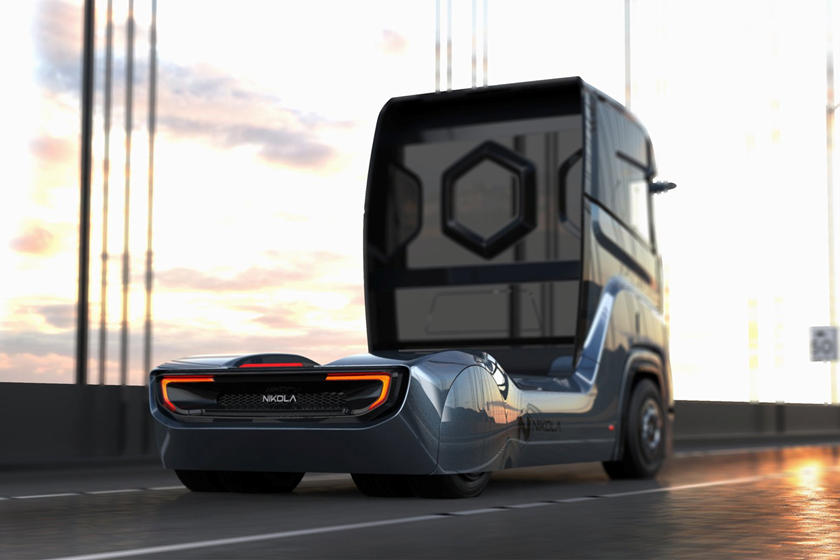Nikola Officially Responds To Fraud Allegations
This is following the publication of a bombshell short seller report.
by Jay TraugottExactly one week ago, Nikola and General Motors announced a major investment and partnership that will lead to the production of the Nikola Badger battery-electric and hydrogen fuel-cell pickup truck, a direct rival to the Tesla Cybertruck. This past summer, Nikola also went public with a $26.3 billion evaluation. To sum up, things were looking great for the new EV maker. And then came a bombshell last Thursday.
Hindenburg Research, a financial firm that holds a short seller position in Nikola stock, issued a report alleging fraud and proof of deceptive tactics by Nikola founder and Executive Chairman Trevor Milton. Nikola lawyered up and pledged to respond to the allegations.
Today, those responses have arrived.
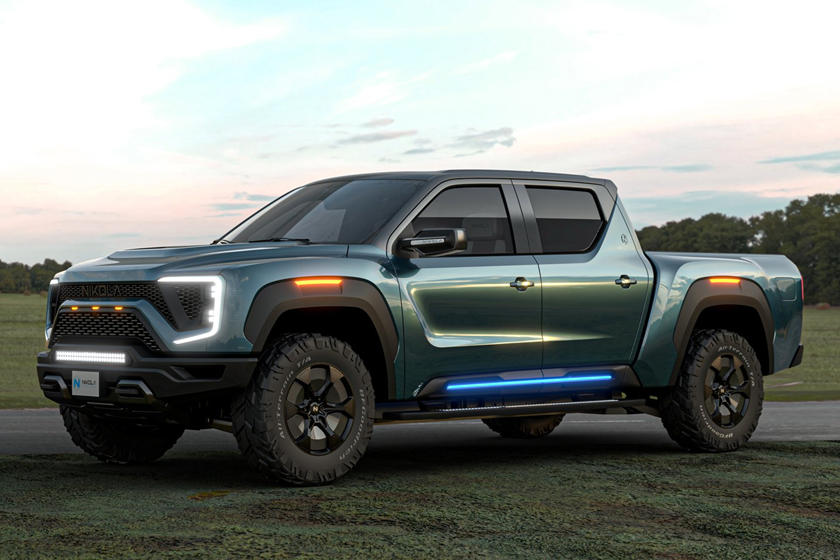
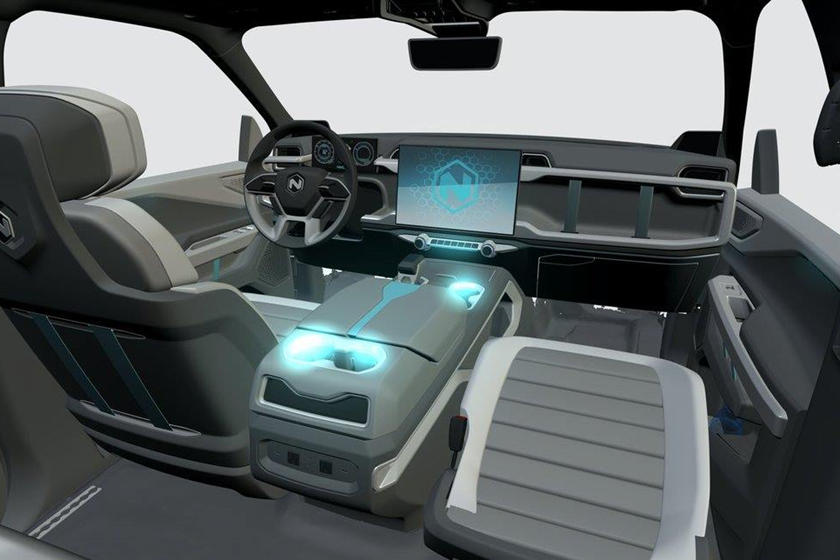
First and foremost, Nikola states it believes Hindenburg's report "was designed to provide a false impression to investors and to negatively manipulate the market in order to financially benefit short sellers, including Hindenburg itself."
As promised, Nikola remains in touch with the Securities and Exchange Commission (SEC) and has pledged its full cooperation while refuting the allegations. Nikola directly addresses all of them and its answers sound reasonable. Among them, Hindenburg claimed Nikola does not have the ability to make its inverters in-house and instead uses third-party units. Nikola admits it does use third-party parts in prototype vehicles, but that is also common industry practice. Those parts can later be swapped out for its own parts for production. Furthermore, Nikola adds that "At no time did [it] state that the inverter on the prototype truck shown… was the Company's or would be used in production." It continues to design and engineer its own inverters for future use.
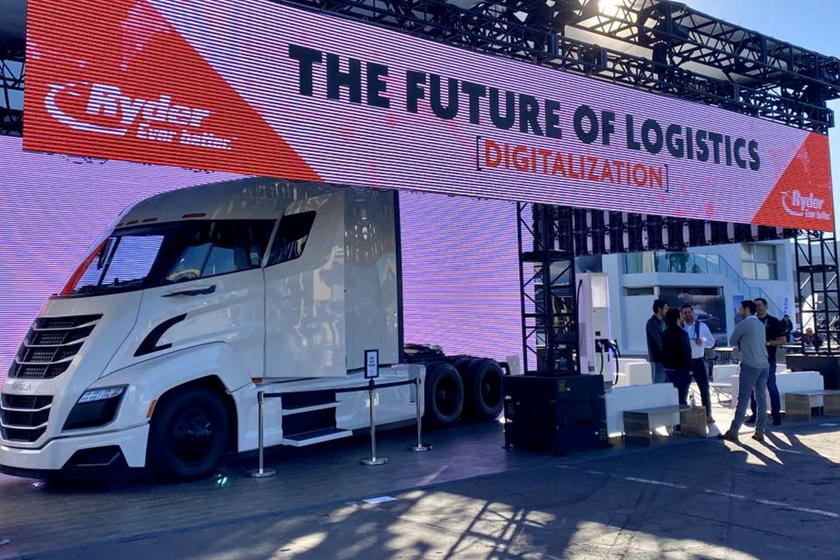
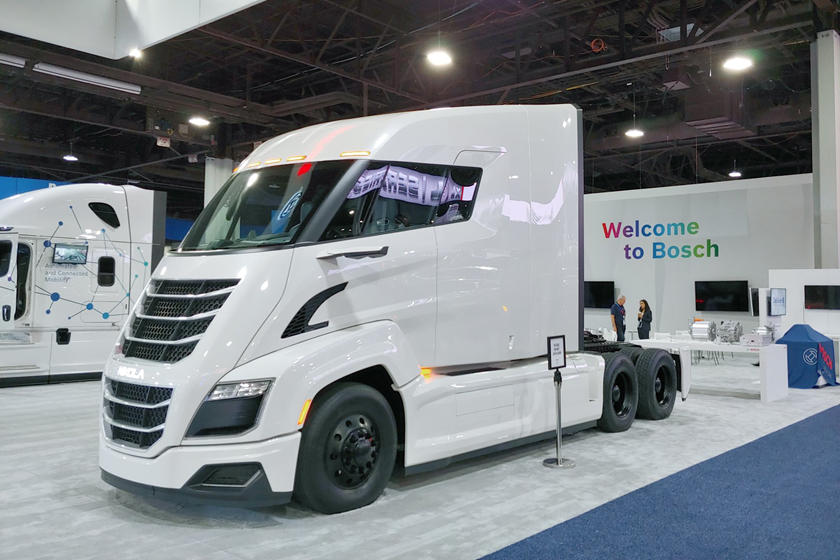
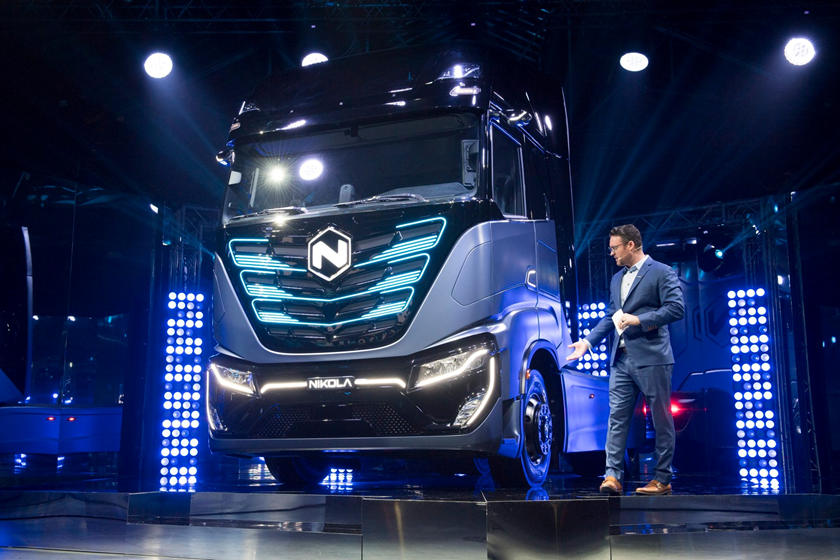
Other allegations Nikola refuted include misrepresentations about its next-generation battery technology, using customer deposit money to operate its business, the actual number of reservations, current and past employee issues, and the general capabilities of its planned hydrogen fueling station network.
Perhaps the most damning allegations against Nikola were in regards to a 2017 video demonstration of its Nikola One semi-truck. Hindenburg claimed it has evidence that vehicle "was not a real truck and, in fact, a pusher," meaning it lacked a propulsion system. Nikola counters that the prototype had a functional gearbox, batteries, inverters, power steering, suspension, infotainment, air disc brakes, high voltage, and air systems.
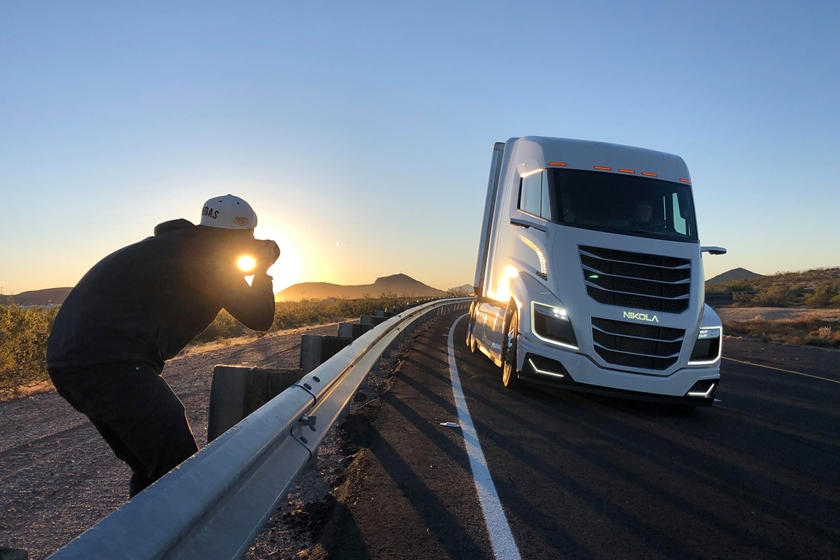
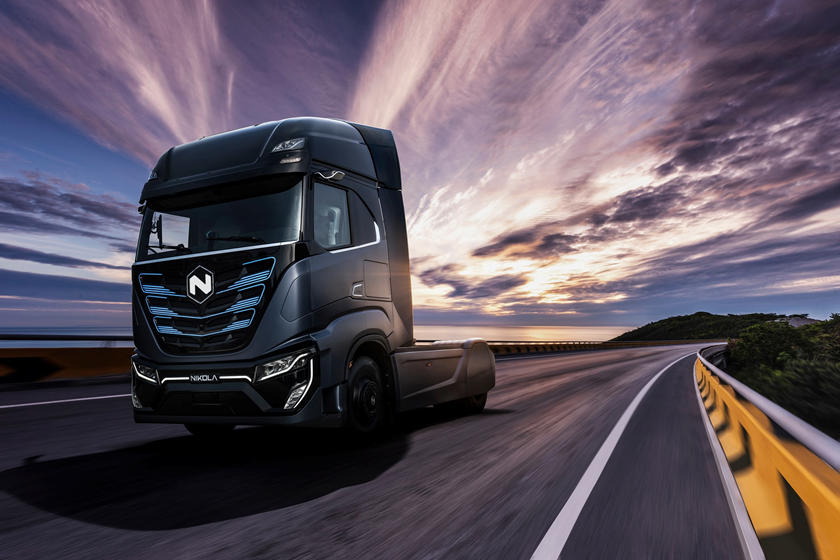
However, Nikola does acknowledge it decided not to complete Nikola One development and instead shifted to Nikola Two prototypes which are self-propelled and have been demonstrated as such. Hindenburg said the Nikola One was filmed rolling down a hill to make it appear it was fully functional. Nikola states it never said the vehicle was under its own propulsion and the truck was "filmed by a third party for a commercial" that day. Investors were never deceived because they knew the filming truck was really just a staging demonstration.
How Hindenburg will respond to Nikola's own responses should be very interesting, assuming it intends to do so. Nikola has made clear it believes "the GM partnership is a huge shot in the arm... and cements credibility not just for its Badger production slated to begin by the end of 2022 but for its hydrogen fuel cell ambitions and semi-truck vision going forward."
Chances are, this dispute is far from over.
